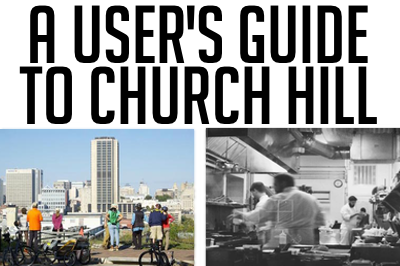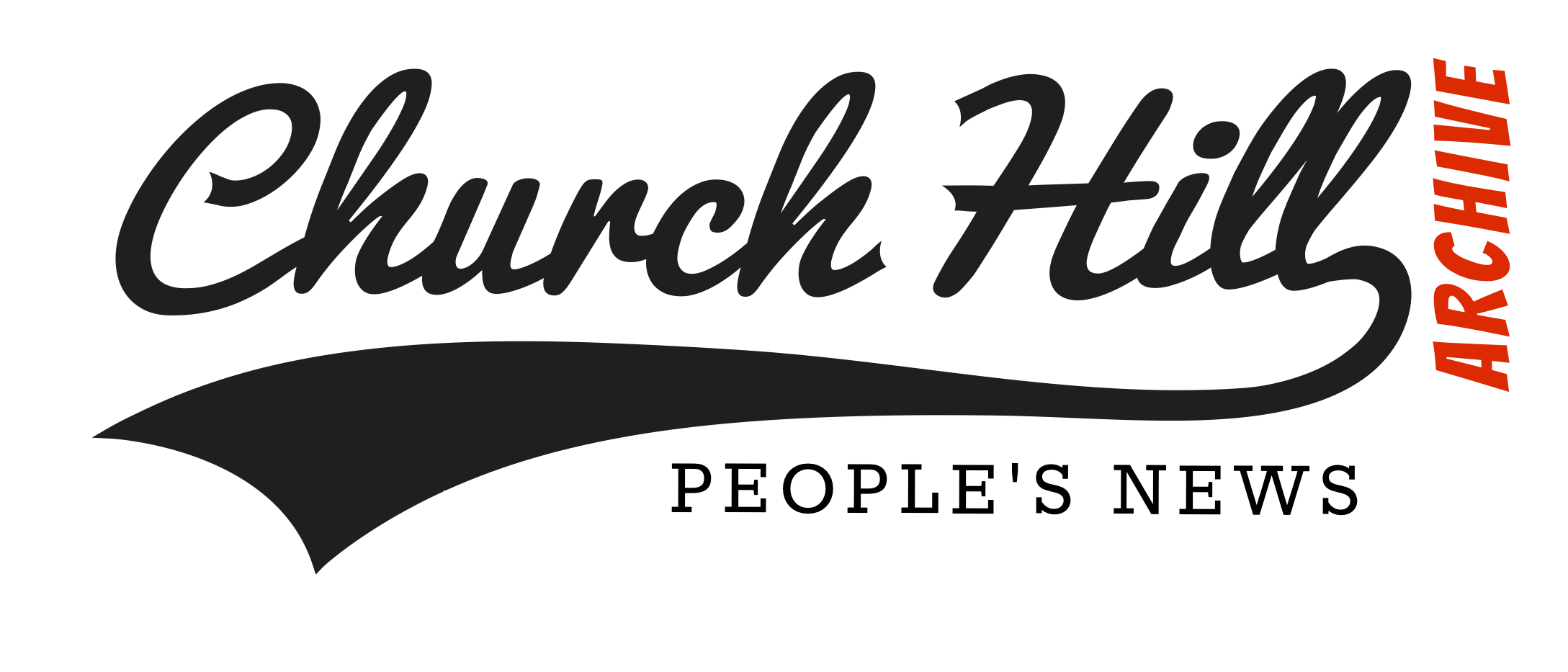RECENT COMMENTS
Eric S. Huffstutler on What is up with the Church Hill Post Office?
Eric S. Huffstutler on What is up with the Church Hill Post Office?
Yvette Cannon on What is up with the Church Hill Post Office?
crd on Power Outage on the Hill
Neighborhood in Bloom program wins HUD award
05/27/2006 6:55 AM by John M
Richmond’s Neighborhoods in Bloom program has been awarded HUD’s annual “opportunity and empowerment” award.
The Neighborhoods in Bloom program, approved by City Council in 1999, has funneled $30 million in federal aid to six neighborhoods — Blackwell, Carver-Newtowne West, central Church Hill, Highland Park-Southern Tip, Jackson Ward and Southern Barton Heights.
…
The agency cited a study commissioned last year by the Federal Reserve Bank of Richmond that found a substantial decrease in crime in the targeted neighborhoods — in some cases surpassing the city as a whole in the percentage drop in crime.
The study also found that housing values in the neighborhoods gained by 10 percent more than the city’s average.






The city thinks my house value went up about $80,000 this year. That’s way more than the 10%.
I don’t know about that… Property values have gone up signifigantly throughout many of the historic neighborhoods, it would be interesting to know how the assessment of similar but non-NiB properties increased. For the central Church Hill section the east/west boundaries are something like 22nd Street and 27th Street — are ther steep drop-offs at 21st and 28th?
it doesn’t say it went up 10%, it says it went up 10% more than the average. In other words, everybody else’s (non-NIB) assessments went up $72000.
Our assessment went from $60,000 to $180,000 in 2 years. Great if we wanted to sell, but for us, all it means is more taxes. It’s only a matter of time before we will be paying more in taxes than for the mortgage. We are fortunate enough to be able to afford the extra taxes, but many people in our neighborhood can’t. The one benefit of the higher assessments is it might get owners of abandoned properties and empty lots to sell.
The city should consider a cap on assessment hikes — maybe 10%. Some places cap it lower. Or at least cap assessment increases for people over retirement age.
Another idea that some localities are doing is they reset the tax rate automatically every year to match the previous year’s real estate tax revenue. So if the assessments went up, then the tax rate is lowered automatically to match. Then if the locality needs more money, the council will have to raise the tax rate back up. This makes it so taxpayers as a whole know exactly how much more they are paying. It also makes it so tax increases are set by the council, not by the tax assessors.
Clarification: The assessment cap should only be for people who use the property as their primary residence.
J’s idea is solid if you think that the city is currently providing the right amount of public service. The city did reduce its tax rate twice over the past few years, and it is still 30 cents or so more than Henrico’s. (while still growing its budget). The obvious issue is the the city has a concentration of social problems relating to poverty in comparison to its regional neighbors. Thus it suffers the same issue as other central cities around the US: lots of costly problems and a lack of tax base to address the same. That said, could the city be more efficient, all things equal, with its current collections? Clearly! But, for most folks I offer this notion, reverse your thinking. You are not currently living in an over-valued house, instead, you were living in an under-valued house. Historic character, walking distance to major job, cultural and educational centers, etc… Anyway, real estate tax flattening schemes, such as California’s 1970s era prop 103 have their downside as well (the same capping mechanism noted by J has resulted in a series of land use decision in CA muni’s and counties that has stifled home building in favor of sales tax generating retail, thus raising home prices even more). Yes, most real estate tax reforms of the past 20 years offer an arguably more regressive tax in their place: the sales tax. So, be careful what you wish for.